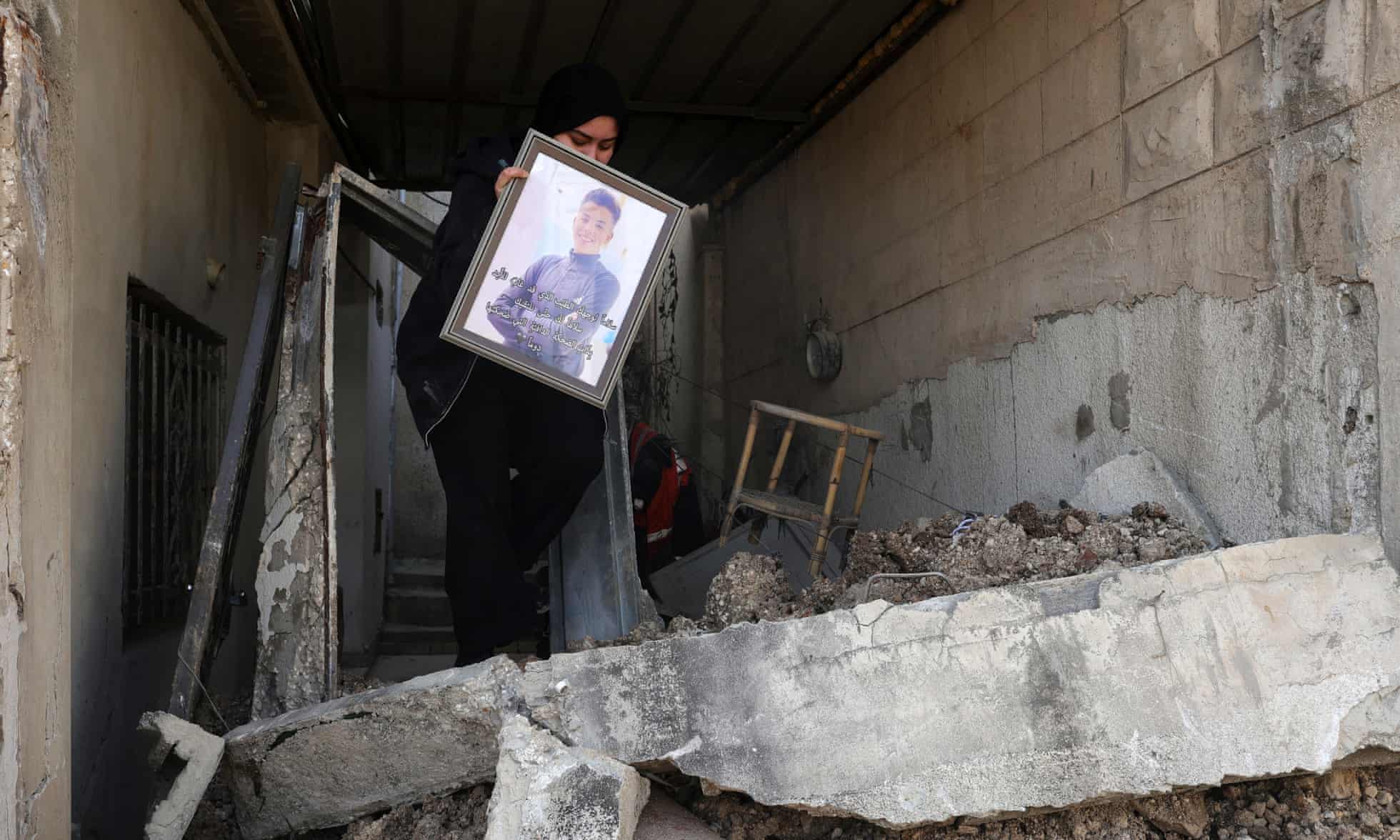The declassification and online release Monday of the full original version of the Pentagon Papers – the 7,000-page top secret Pentagon study of US decision-making in Vietnam 1945-67 – comes 40 years after I gave it to 19 newspapers and to Senator Mike Gravel (minus volumes on negotiations, which I had given only to the Senate foreign relations committee).
Gravel entered what I had given him in the congressional record and later published nearly all of it with Beacon Press. Together with the newspaper coverage and a government printing office (GPO) edition that was heavily redacted but overlapped the Senator Gravel edition, most of the material has been available to the public and scholars since 1971. (The negotiation volumes were declassified some years ago; the Senate, if not the Pentagon, should have released them no later than the end of the war in 1975.)
In other words, today's declassification of the whole study comes 36 to 40 years overdue. Yet, unfortunately, it happens to be peculiarly timely that this study gets attention and goes online just now. That's because we're mired again in wars – especially in Afghanistan – remarkably similar to the 30-year conflict in Vietnam, and we don't have comparable documentation and insider analysis to enlighten us on how we got here and where it's likely to go.
What we need released this month are the Pentagon Papers of Iraq and Afghanistan (and Pakistan, Yemen and Libya). We're not likely to get them; they probably don't yet exist, at least in the useful form of the earlier ones. But the original studies on Vietnam are a surprisingly not-bad substitute, definitely worth learning from.
Yes, the languages and ethnicities that we don't understand are different in the Middle East from those in Vietnam; the climate, terrain and types of ambushes are very different. But as the accounts in the Pentagon Papers explain, we face the same futile effort in Afghanistan to find and destroy nationalist guerrillas or to get them to quit fighting foreign invaders (now us) and the corrupt, ill-motivated, dope-dealing despots we support. As in Vietnam, the more troops we deploy and the more adversaries we kill (along with civilians), the quicker their losses are made good and the more their ranks grow, since it's our very presence, our operations and our support of a regime without legitimacy that is the prime basis for their recruiting.





 Amid the immense confusion surrounding the US strikes on Venezuela, the seizure of the president, Nicolás...
Amid the immense confusion surrounding the US strikes on Venezuela, the seizure of the president, Nicolás... On Monday, August 6, 1945, after six months of intense firebombing of 67 other Japanese cities,...
On Monday, August 6, 1945, after six months of intense firebombing of 67 other Japanese cities,... Later this month, on the holiday of Purim, Jewish people will dress in silly costumes, eat...
Later this month, on the holiday of Purim, Jewish people will dress in silly costumes, eat...






























